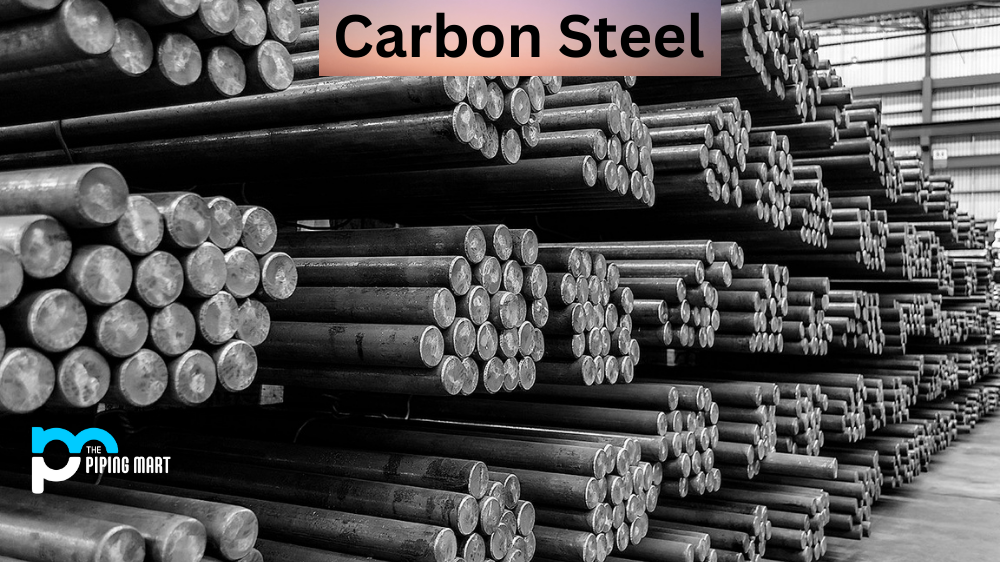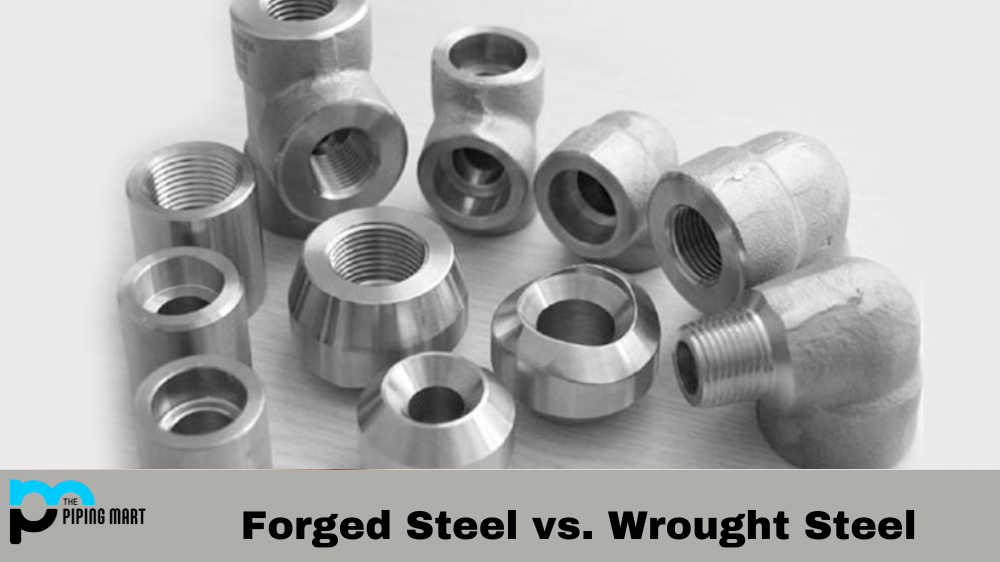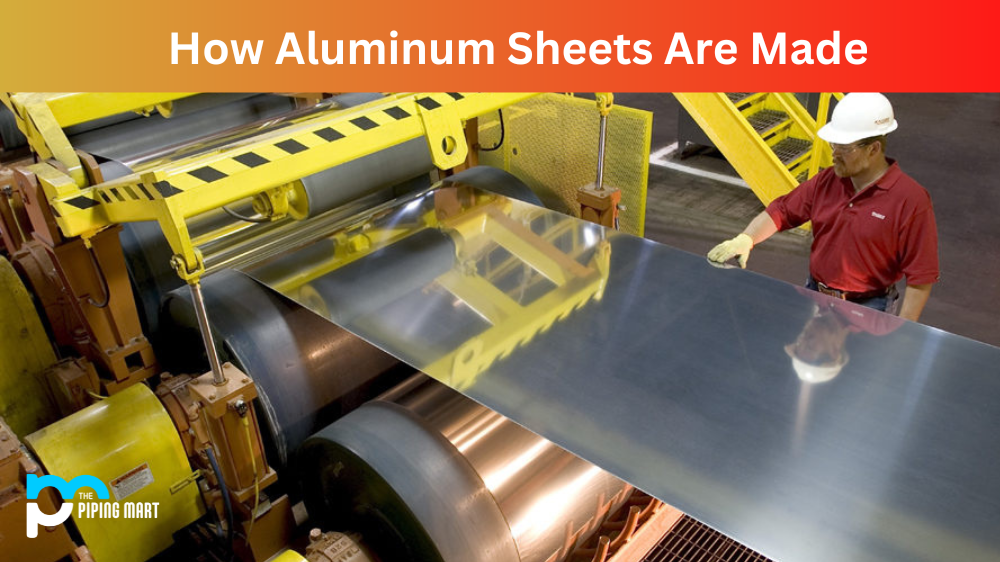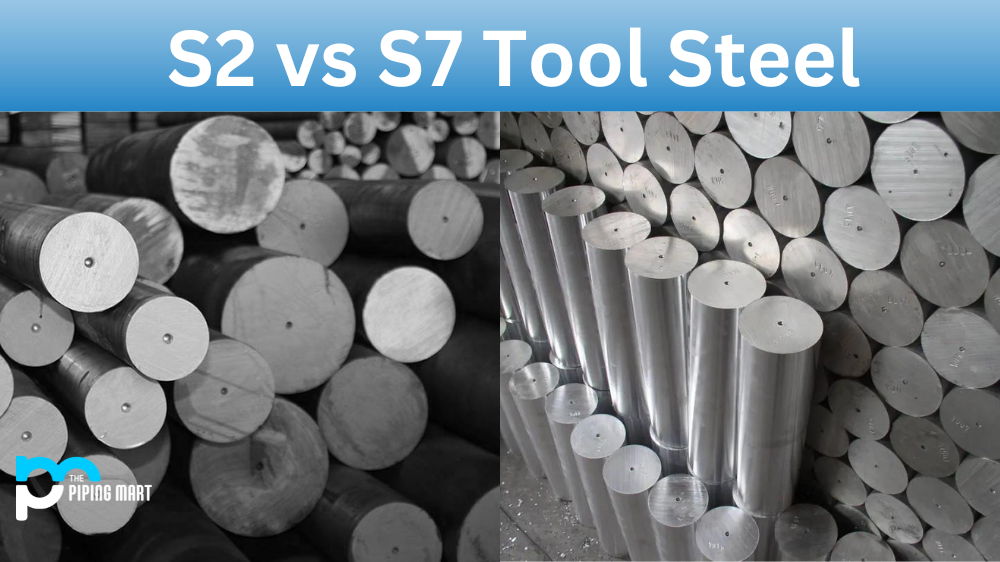Carbon steel is a type of metal alloy that is widely used in many industries. It is made up of a combination of iron and carbon, and it has unique properties due to its composition. One important property of carbon steel to consider when using it in various applications is its density. In this blog post, we will discuss the density of carbon steel and how it affects its properties.
What is the Density of Carbon Steel?
The density of pure carbon steel is approximately 7.8 g/cm3 (0.284 lb/in3). The density varies based on the amount of alloying elements present in the material but generally ranges from 7.75 g/cm3 (0.282 lb/in3) to 8.05 g/cm3 (0.291 lb/in3). It is generally considered to be heavier than aluminum but lighter than other common metals such as stainless steel and copper alloys.
How Does Density Affect Carbon Steel Properties?
The density of carbon steel affects several aspects of its properties, including strength, malleability, ductility, electrical conductivity, heat capacity, and thermal expansion rate. Generally speaking, materials with high densities have higher strength-to-weight ratios and are more difficult to deform compared to less dense materials; they also typically require more energy to deform under compressive forces due to their increased mass per unit volume. In addition, materials with higher densities tend to have lower electrical conductivities due to their increased resistivity values due to their greater mass per unit volume; they also tend to have higher heat capacities since they contain more molecules per unit volume which can absorb additional amounts of heat energy before undergoing any changes in temperature or phase transitions. Finally, materials with higher densities tend to have higher thermal expansion rates since they contain more molecules per unit volume which can expand when exposed to an increase in temperature or pressure.
Conclusion
In conclusion, the density of carbon steel affects many aspects of its properties, including strength-to-weight ratio, malleability, ductility, electrical conductivity, heat capacity, and thermal expansion rate. By understanding these effects, it becomes easier for engineers and designers working with carbon steel in various applications, such as automotive components or construction materials can make informed decisions about which grade or type best suits their needs while taking into account cost considerations as well as performance requirements for each application area. With this knowledge at hand, it’s possible for engineers and designers alike to make better-informed decisions when selecting an appropriate grade or type of carbon steel for their project needs while still keeping cost considerations in mind along with performance requirements specified for each application area where this material may be used.

A passionate metal industry expert and blogger. With over 5 years of experience in the field, Palak brings a wealth of knowledge and insight to her writing. Whether discussing the latest trends in the metal industry or sharing tips, she is dedicated to helping others succeed in the metal industry.




